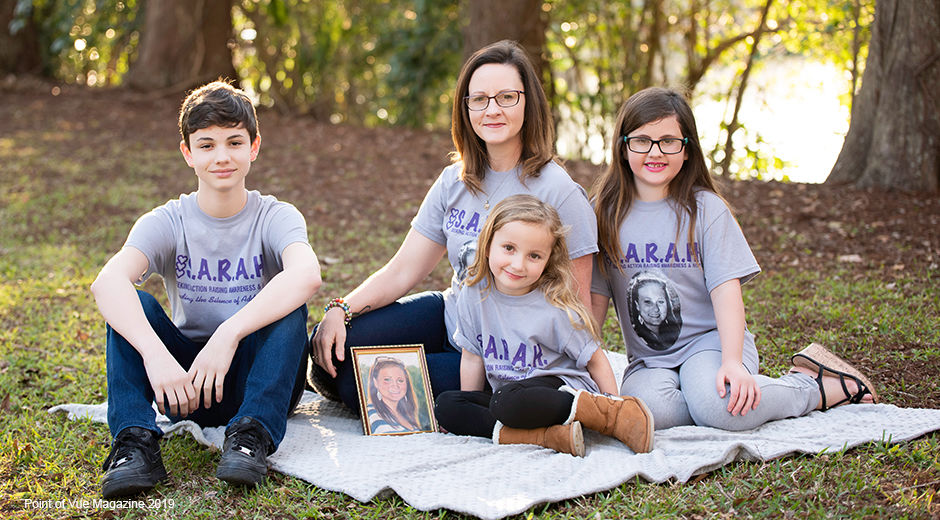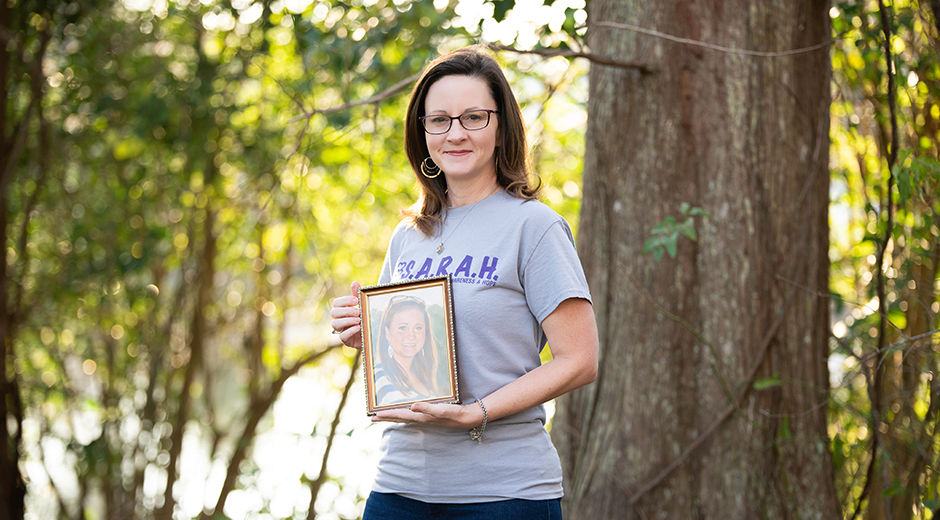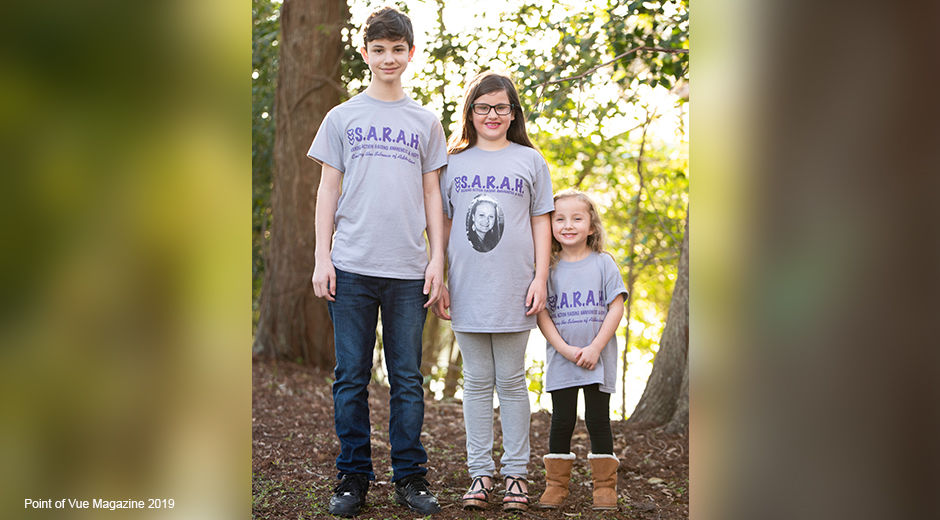
Mrs. Mills’ 4th Grade Students | Pointe-Aux-Chenes
February 1, 2019
Ellender Memorial High School | Beta State Convention
February 1, 2019It is now abundantly clear that there is a drug-related death plague across the entire nation right now. With bodies still being counted for last year, 2017 contained just over 70,000 deaths due to drug overdoses in America—a new record. Nearly 30,000 of those deaths involved fentanyl—a synthetic opioid that is 80 to 100 times stronger than morphine—making that a 45 percent increase from the previous year.
Sadly, south Louisiana is not safe from this epidemic, as fentanyl and other dangerous opioids have taken many young lives here in the Bayou Region, with a combined 70 opioid-related deaths in 2017 in Terrebonne and Lafourche parishes.
Addicts commonly relapse after leaving rehab, as they get thrown back in the same environment that encouraged their addiction before. In the area, there is a need for a facility that helps those battling with addiction by giving them a safe place to stay while working on bettering themselves and their situation. Houma native Renee Bertinot started an organization to build such a facility with S.A.R.A.H.’s (Seeking Action Raising Awareness & Hope) Place. A campaign dear to her heart as she, unfortunately, knows what the deadly effects of addiction cause someone close to you.
Renee’s daughter, Sarah Pellegrin, struggled with addiction.
“Sarah started like a lot of teenagers do: with recreational drug use,” Renee shares. “She started battling with depression, kind of in her late teens…She was diagnosed bipolar with depression in her late teens/early twenties, and I think by that time, she had already been so used to self-medicating that it kind of just escalated from there.”
Sarah eventually sought help and left the area to enter a rehab facility, where she was clean for nine months. However, soon after returning to Houma, she was triggered to use again.
“She went to NA [Narcotics Anonymous] meetings and to classes, but the familiarity of the area, the surroundings and coming back to the same place where she left was not good. It causes triggers,” Renee explains.
Sarah passed away at the age of 31 on March 29, 2018, due to an overdose of fentanyl-laced heroin.
“When they get clean, it doesn’t mean the desire leaves. It takes a lot of committed, dedicated work on their part, and it is possible,” Renee says. “But it takes a conducive environment for sobriety, along with support. She had the support, but she had to go back to the same place she was living. I didn’t know any of this until after the fact; it was way too late by then.”
With firsthand knowledge of what is necessary to keep at-risk loved ones away from drugs, Renee started the SARAH organization with her longtime friend, Michelle Eschete.
“We’re hoping to be able to open up a transitional housing facility or join with another entity who’s doing this in our surrounding area—whatever we can do to have a safe place for people to come to transition back into society,” says Renee. “With the transitional housing, one of our goals was to also offer outside counseling as well,” adds Michelle.
The SARAH organization was started to not only build a transitional facility in the Houma area and counsel people in the community but also to educate drug abusers, those close to them and other individuals in the community, especially on the dangers of fentanyl.
“It [fentanyl] is now being cut into everything: from pills to cocaine, to heroin. You can read testimonies of kids in high school or college. They were out with friends, and somebody said, ‘Here, take this.’ They never did drugs before. They’re going to try it, and they die because it has fentanyl in it,” Renee explains. “It is an epidemic, and we need to educate people. We need to educate our young people on the dangers of even being prescribed opioids.”
Renee and Michelle also wish to remove stigmas that pertain to those with addiction and their families.
“People are cruel to addicts, and if you ever had an addict in your family, you realize they’re difficult to deal with because they’re so irrational. You cannot rationalize with somebody in active addiction,” says Renee. “Once you become addicted, people think, ‘Oh, you can just stop.’ It’s actually an illness. It is classified as a mental disorder in DSM [Diagnostic and Statistical Manual of Mental Disorders],” Michelle notes.
Renee also hosts meetings for grieving moms, and although the meeting is open to all mothers who lost a child, she says now the meetings predominantly consist of mothers who lost their children to drugs.
“…People don’t know what to say to you. As if we don’t love our children because they died from addiction. We do, and we want to talk about it,” Renee expresses. “When you have to parent an addict, it’s so hard because you’re so torn between the love for the child that you know and the addict who is abusive, manipulating, breaking the law and leaving their children…There’s such an emotional torment there.”
Today, in addition to educating, fundraising and counseling, Renee and her husband are raising Sarah’s three children: Jayce, 12, Jenna, 9 and Julia, 5.
“Sarah loved to help people that were down and out. If she knew somebody needed something, she was going to do what she could to get it for them,” Renee shares. “…They’re beautiful people that have an ugly problem. Whatever the addiction, it takes over their lives. Sometimes people just need to get that initial help, that push, that encouragement that their life can get better. Those are all things this organization stands for.”
To learn more about the SARAH organization, visit its Facebook page at facebook.com/S.A.R.A.H.RALLY.HOUMA/.











